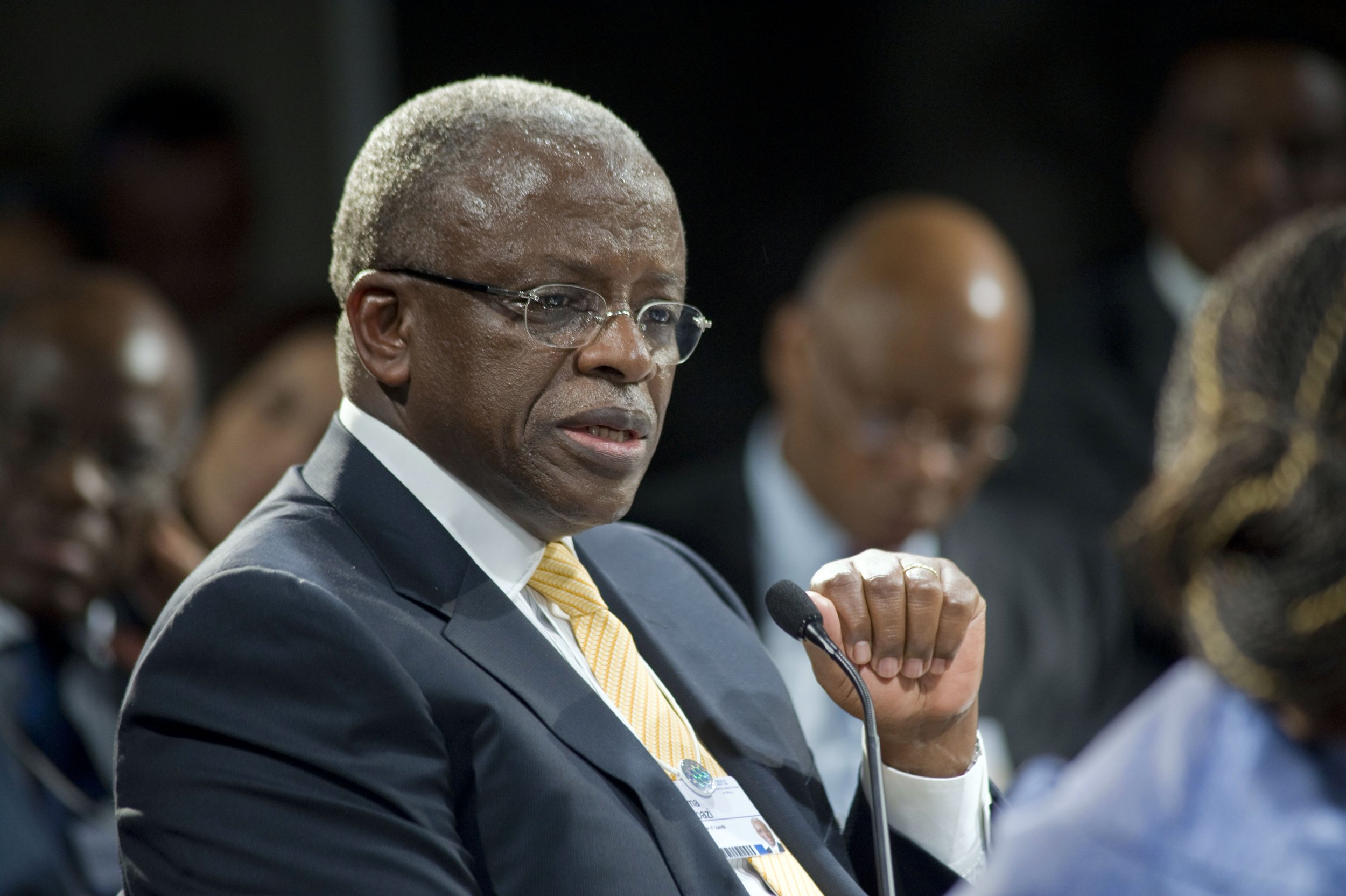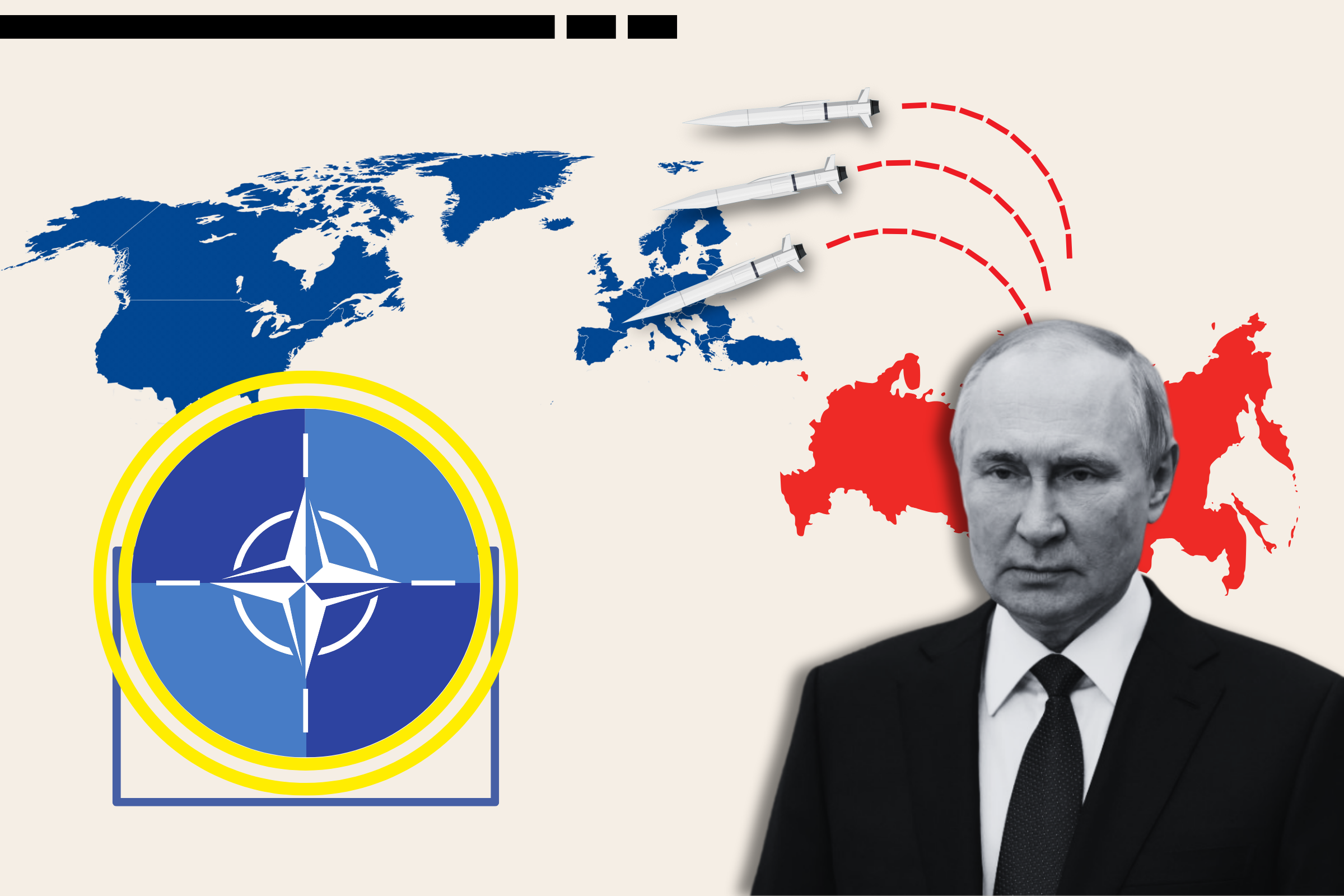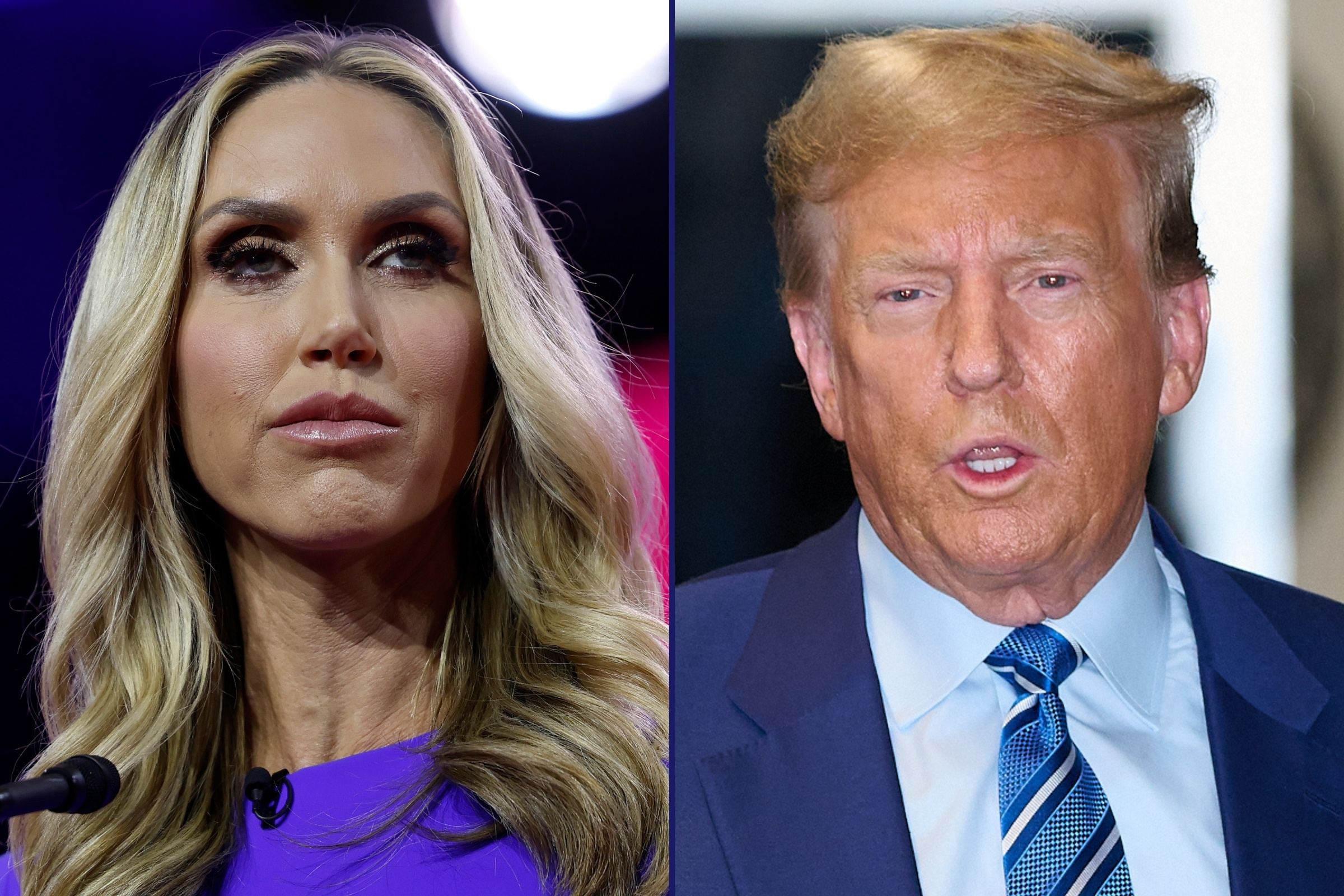
In a televised presidential debate in Uganda on January 15, Amama Mbabazi—the independent candidate, who calls his movement Go Forward—asked the audience a rhetorical question: "Do you want a change, or do you want more of the same?"
It is a message that has been at the heart of his campaign, which has attracted much interest, locally and internationally. Mbabazi was for years at the heart of the National Resistance Movement (NRM) that has ruled Uganda since 1986, serving in the government for more than 20 years and as prime minister between 2011 and 2014. But in 2015, he made a dramatic break with the incumbent president, Yoweri Museveni, and announced his intention to run against Museveni in the elections that will be held in February.
Mbabazi's challenge caused much concern within the NRM. Museveni came to power through armed force in 1986. Since the introduction of presidential elections in 1996 he has consolidated his dominance over the political landscape by winning four contests in a row under both "no party" and "multi-party" rules. Despite this, the defection of Mbabazi caused the president considerable unease; rumors swirled about the extent of his personal wealth and his connections in the intertwined world of NRM, government and military. Would his challenge lead to a fracturing of the NRM, as formerly loyal party supporters, tired of waiting for change, defected to Mbabazi?
Mbabazi's promise of change was carefully calibrated. Unlike the veteran opposition leader Kizza Besigye, who has lost three times to Museveni, Mbabazi does not present himself as a radical. His message has instead focused on the idea that Museveni has—as Ugandans would put it—"overstayed", and that credibility and clean government demand new leadership. There are many Ugandans who like this message, and there are many more who believe that this election may really be different. They argue that Mbabazi's challenge will at least force a second-round election by depriving Museveni of the absolute majority he would need to win in the first round on February 18.
There is some evidence that voters are also excited by the emergence of a new presidential aspirant. Mbabazi's rallies—like those of Besigye, who is running again—have attracted sizeable crowds, while the TV debate was watched all over Uganda. But despite this enthusiasm, it's not clear whether the elections will really deliver a vote for change. The latest poll puts Mbabazi on 12 percent, way behind Besigye on 32 percent and Museveni on 51 percent of the vote. Opinion polls may not always be reliable; but there are other straws in the wind. Those who expected a flood of public defections from NRM to the Mbabazi camp have been disappointed by what has been more of a trickle, and now appears to have dried up altogether. And while there are many independent parliamentary candidates, few are campaigning for Mbabazi. Besigye, the stalwart oppositionist, seems to be maintaining his position as the main challenger to the incumbent, though the polls put him, too, well behind Museveni. It may be that the polls are wrong, and that Mbabazi's supporters within NRM are yet to declare themselves; but if so, they are leaving it pretty late.
But does that simply mean that Ugandans do not yet see the need for change? In this election, as in previous ones, the playing field is very far from level. The NRM is not always well-organized internally—once again this year, the party's parliamentary primaries were chaotic and rancorous. But the interweaving of party and state make for a formidable electoral machine, with immense financial resources and considerable coercive potential. Former opposition strongholds in northern Uganda have seen major infrastructure projects, bringing tarred roads and electricity to places that have long lacked them. At the same time, NRM candidates seem to have even more money to spend—as is evidenced by the preponderance of yellow posters in most parts of the country, and by rumors of their generosity on the campaign trail.
So far the campaign has seen less of the flagrant violence against opposition candidates that marred elections in 2001 and 2006. But the U.S. government has expressed its concern over the level of intimidation in the election: Mbabazi and Besigye have faced repeated obstacles and interference—venues have sometimes been denied to them, their movements obstructed, their rallies intermittently harassed by NRM supporters. This does not stop them campaigning, but it does remind everyone that these candidates are at the mercy of the state. At a very local level, the recruitment and training of crime preventers affiliated to the ruling party seems likely to intimidate opposition voters, despite the government's protestations that this is an exercise in community policing rather than electoral control.
Uganda has never seen a change of national leadership through elections, and Museveni has previously said that he would never be removed from office by the ballot. The effect of those previous statements—combined with a long history of difficult and contested elections—fuels multiple rumors about possible rigging.
This is not to say that the performance of opposition candidates does not matter. A better campaign from Mbabazi might have caught the public imagination, but he has struggled to take credit for the NRM's historical successes, in part because he is actively seeking to disassociate himself from its failings. Mbabazi lacks the personal charisma, as well as the populist policies of Besigye, and he appears to have less funding than many initially assumed.
All this means that the initial excitement about Mbabazi's challenge has been dulled by wider ambivalence about the possibilities of change through elections. Voting for the incumbent may bring government spending on local projects, and the campaign gives an opportunity to tap local candidates for help with school fees or other personal needs. But change seems a distant possibility. In the televised debate, Museveni's chair was left empty; he told a press conference that debates are for school children. The message was clear—Museveni does not want to put himself on a level with the other candidates, because this is not that kind of election.
Dr. Nic Cheeseman (University of Oxford, @fromagehomme), Dr. Gabrielle Lynch (University of Warwick, @gabriellelynch6), and Professor Justin Willis (University of Durham) are part of an Economic and Social Research Council-funded research project on the impact of elections in Uganda, Kenya and Ghana.
Uncommon Knowledge
Newsweek is committed to challenging conventional wisdom and finding connections in the search for common ground.
Newsweek is committed to challenging conventional wisdom and finding connections in the search for common ground.
About the writer
To read how Newsweek uses AI as a newsroom tool, Click here.








